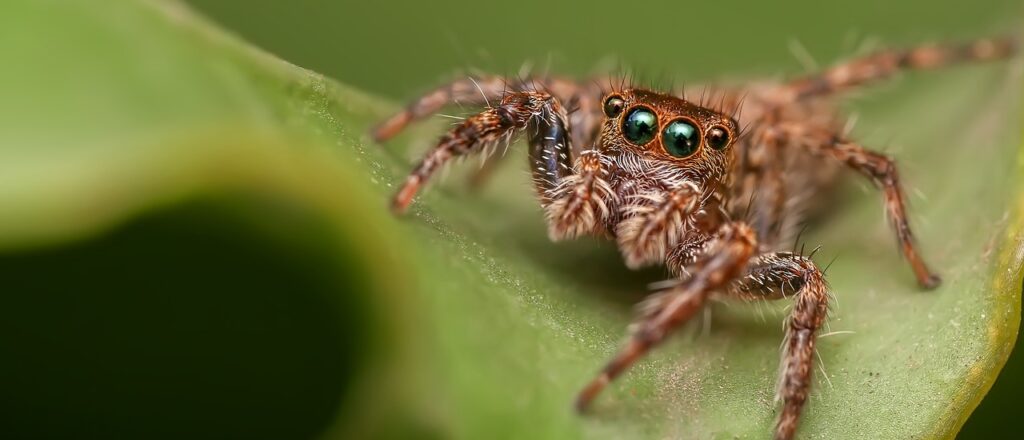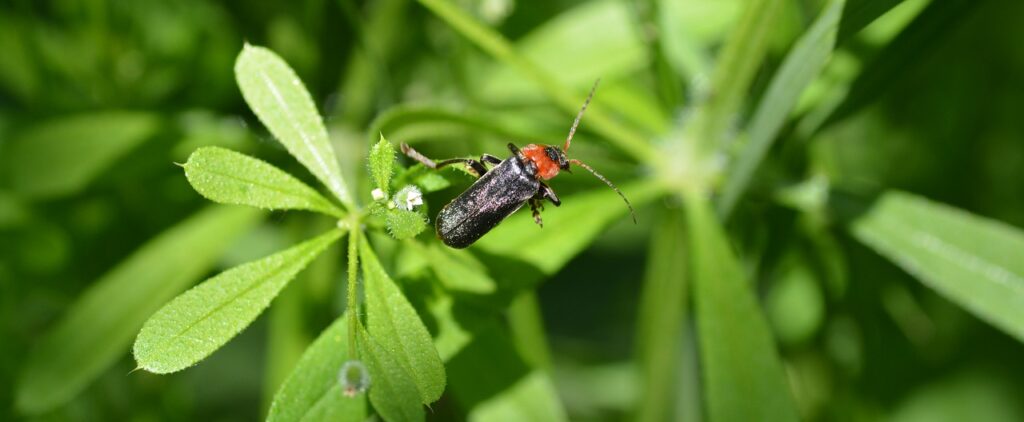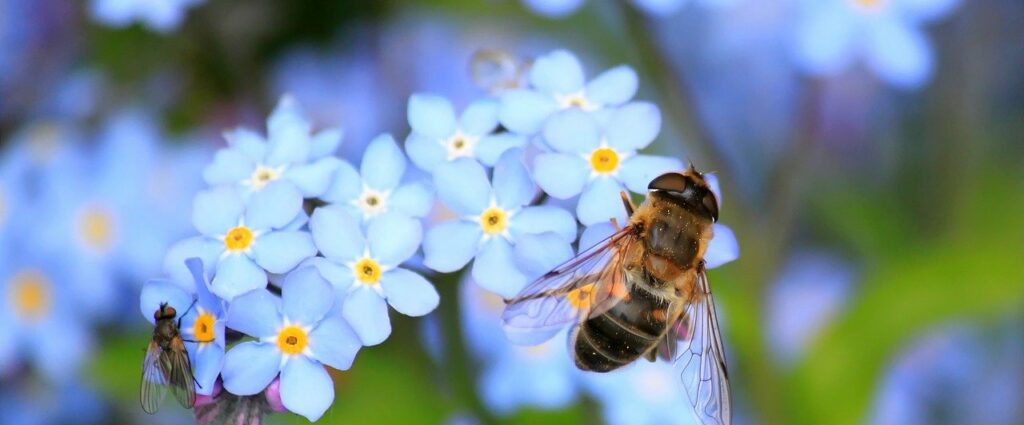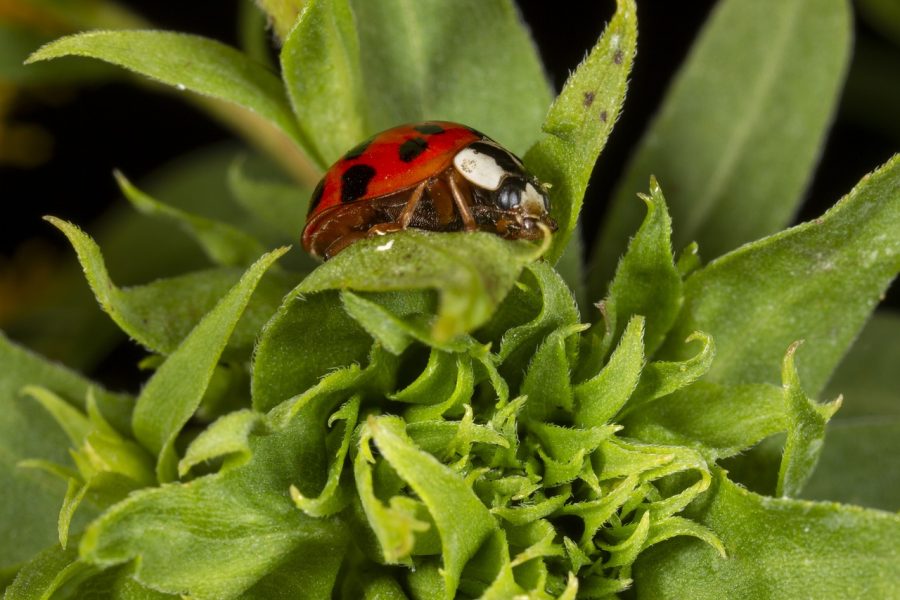
Fifteen Beneficial Insects That Do More Good Than Most People Know
Insects, bugs, and pesky crawlers all perform part of the Earth’s natural circle of life, benefiting the planet’s ecosystem without even knowing it. In fact, most humans aren’t aware of what beneficial insects do for the Earth’s system.
Sure, they can be annoying and a total nuisance. However, there is so much that would not be what it is today if there were no insects. In fact, we could even cease to exist without many of them.
Sound interesting? Keep reading to find out more.
Our Planet’s Beneficial Insects
Did you know pollination would not take place without these lovely bugs? Insects of all kinds collect nectar and fertilize the plants. Honestly, many of our flowers and food plants would cease to exist without them and the other pollinators.
The same insects are also helpful to gardening by eating harmful bugs like aphids, some caterpillars, and certain beetles. Adding them to your garden where appropriate will help reduce the need for insecticides, which is also good for the planet.
Being educated on which insects are beneficial to your garden will help you grow the garden and reproduce fruits and flowers year after year. Here is a list of fifteen of the beneficial insects put together by James River Pest Solutions.
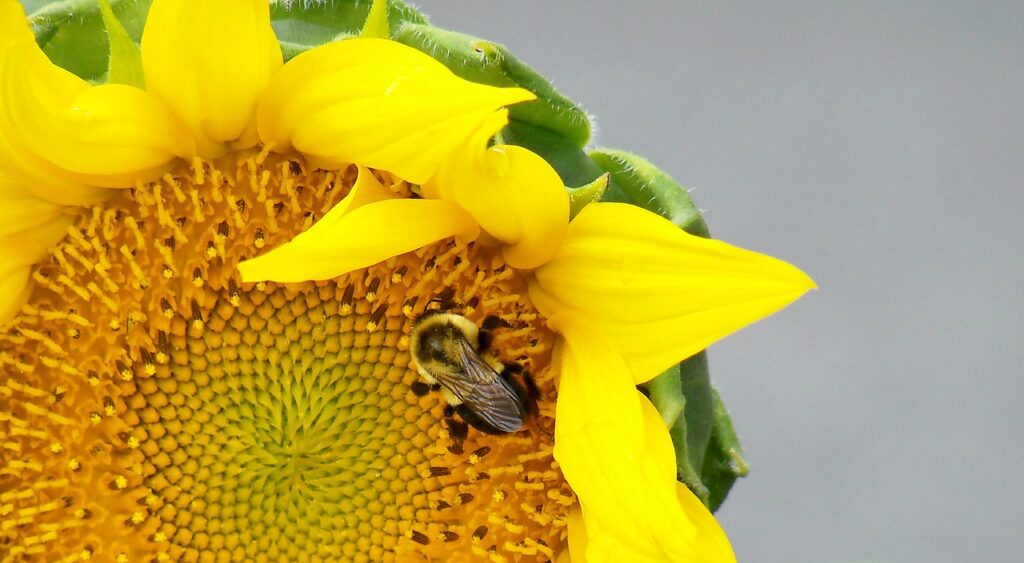
The Buzzing Bees
The most apparent pollinator is the bee; most people know that one. The bee travels from flower to flower and plant to plant, gathering pollen on its hind legs and depositing it on other plants. They don’t only make honey!
The list of crops the bees help to flourish is a long list. A few fruits that benefit from the bee are the kiwifruit, apples, potatoes, onions, okra, broccoli, Brussel sprouts, cabbage, cauliflower, and several more. And isn’t it amazing to think almonds depend entirely on the honeybee to pollinate the plant at bloom time?
It is pretty apparent why there has been a push in the last years to make sure the bees survive for many years to come.
Beautiful Ladybugs
Those pretty and tiny red and black bugs that little girls wear all over their clothes. We love them for their beauty, but ladybugs are another of the planet’s beneficial insects. They are naturally attracted to plants such as Dill, Dandelion, Common Yarrow, Fern-leaf Yarrow, and Basket of Gold. They will consume pesky insects like the whitefly, aphids, fleas, and the Colorado potato beetle. These tiny insects can do some real damage to the bugs we don’t want in our plants and on our crops.
Can you believe ladybugs are responsible for devouring more than 5,000 aphids in a lifetime? Imagine what a whole group of them can do!
The Praying Mantis
The Praying Mantis is a spectacle of nature. As another of our beneficial insects, they help the planet by preying on the pesky insects. Since they can turn their heads 180 degrees, they can watch for moths, beetles, caterpillars, and crickets to make a meal. The Praying Mantis likes to hang out in shrubs, tall grasses, Cosmos, Marigolds, and Dill. Some people even consider it lucky to find one.
Creepy Spiders
Heard of arachnophobia? Well, world-wide, spiders are one of the most feared insects. However, they really get a bad rap because they do so much good for our crops. Another pest bug eater, they prefer roaches, aphids, bed bugs, grasshoppers, mosquitos, and fruit flies, just to name a few. With a mere lifespan of a year, spiders live in the areas most suitable for their webs. For instance, predatory spiders live in mulch, and weaving spiders are in tall plants.
Ground Beetles
Gardeners are very grateful to the ground beetles. They will rid a garden of slugs, caterpillars, ants, cutworms, and the Colorado potato beetle. A garden attracts the ground beetle by providing them with yummy treats from the Evening Primrose, Amaranthus, and Clover. In case you have never seen one, you should know they are active insects at night.
Destroying Aphid Midges
An Aphid Midge is not an aphid at all but a type of fly. They attack over sixty varieties of aphid species, which utterly destroy gardens, plants, and crops: very helpful. Suppose a gardener needs to attract the aphid midge. In that case, the gardener should provide a water source, plants with plenty of pollen and nectar, and dill.
Braconid Wasps
Here is one you may not know. A vicious breed of wasp is known as the braconid wasp. These insects kill hornworms by laying eggs inside the caterpillar. Additionally, they prey on aphids, caterpillars, and the Tomato and Tobacco hornworm. The wasps fly to different plant life such as Parsley, Lemon Balm, Dill, Common Yarrow, and Fern-leaf Yarrow and find their meal there.
Soldier Beetles
Soldier Beetles are beneficial in gardens for consuming grasshopper eggs, aphids, and soft-bodied insects. These good soldiers do not damage plants and are harmless to people. That’s a win, win. Attract the Soldier Beetle with Goldenrod, Zinnia, Marigold, and Linden trees, and they will thank you for it.
Damsel Bugs
Catching their prey with their forelegs, the Damsel Bug consumes caterpillars, mites, aphids, potato beetles, and cabbage worms for local farmers. They thrive when they find alternative places to hide in your garden, as well as Caraway, Fennel, Alfalfa, Spearmint, and Peter Pan Goldenrod. So, if you need this type of natural extermination, place hiding spots in the garden for the damsel bug.
Green Lacewings
Pretty little delicate things, the Green Lacewing larvae do the job of ridding your garden of soft-bodied pests. Their prey includes leafhoppers, mealybugs, caterpillars, aphids, and whitefly of pest moths. Dandelion, Coriander, Golden Marguerite, Angelica, and Dill are the plants that attract them the most. So, plant some of those if soft-bodied pests are your current garden issue.
Minute Pirate Bugs
Both the immature stages and the adult Minute Pirate Bugs prey on a variety of small insects. Their entire pirate life is valuable to the farmer. They dine on spider mites, insect eggs, caterpillars, aphids, and thrips. You can bring them to your garden with Caraway, Fennel, Alfalfa, Spearmint, and Peter Pan Goldenrod, and then they will do their job.
Tachinid Flies
A good meal for this large variety of flies would consist of gypsy moths, Japanese beetles, cutworms, or squash bugs. Any of those will do in a garden filled with carrots, cilantro, dill, coriander, and buckwheat. They pollinate and exterminate for you.
Hoverflies
Hoverflies are often mistaken for a small bee or wasp. But they are in the order of flies and are seen hovering over plants. You can find Hoverflies on Fern-leaf Yarrow, Common Yarrow, Dill, Basket of Gold, and Statice plants. The larvae feed on pests like the aphid, scale insects, and caterpillars. The adult Hoverfly feeds on pollen. It is a lifelong journey for the hoverfly.
The Mealybug Destroyer
This bug looks like a black and tan ladybug and does just as its name suggests. It consumes mealybugs and can eat up to 250 larvae. The destroyers find your garden enticing if you provide Fennel, Dill, Angelica, Sunflower, and Goldenrod.
Predatory Mites
These predators prey on spider mites and thrips. They like humid environments such as greenhouses and tunnels. When prey is not available, they will feed on the pollen of the plants. They can be ordered to add to your garden for mite control the natural way.
In Conclusion
So, you see, there are so many insects that do the job of harmful insect extermination for us. That is why it is essential to know what type of bug you are dealing with before you spray your plants and kill them all. You may have a good insect already doing the job for you.
But, yes, there are still other insects that go unchecked and need human intervention to get them out of your home. That is where the experts at James River Pest Solutions can help.
What to Do with Non-Beneficial Insects
We know they are out there, and you don’t want them around. That is why we are here.
Homeowners can trust James River Pest Solution’s guaranteed pest control. The professionals at James River will work diligently to gain your trust and deliver total satisfaction. With over 20 years of experience in the field, we know which bugs are for you and which work against you, too.
Contact us for a FREE consultation. We’ll show you why James River Pest Solutions is Virginia’s first choice for pest, termite, and other insect extermination.
